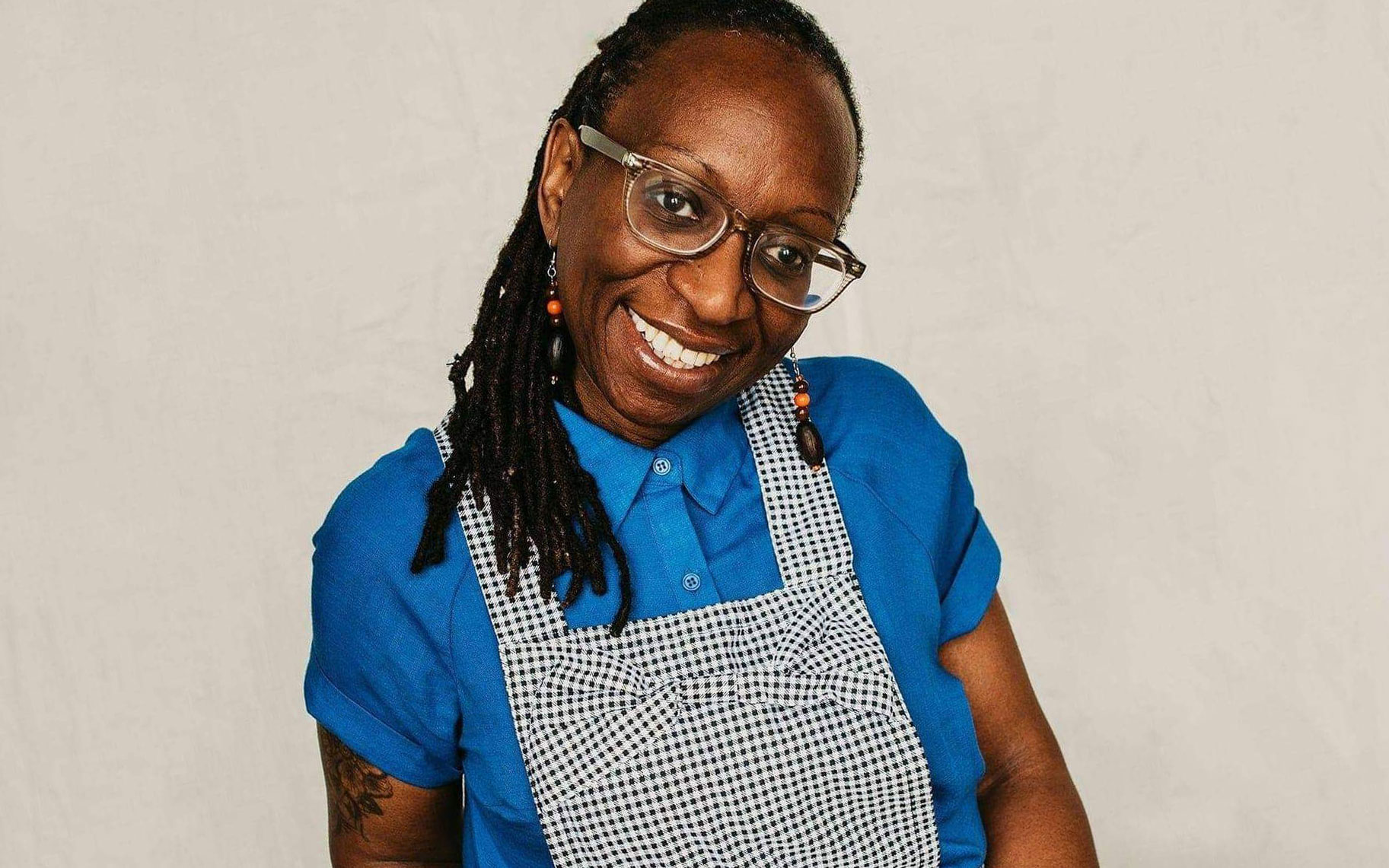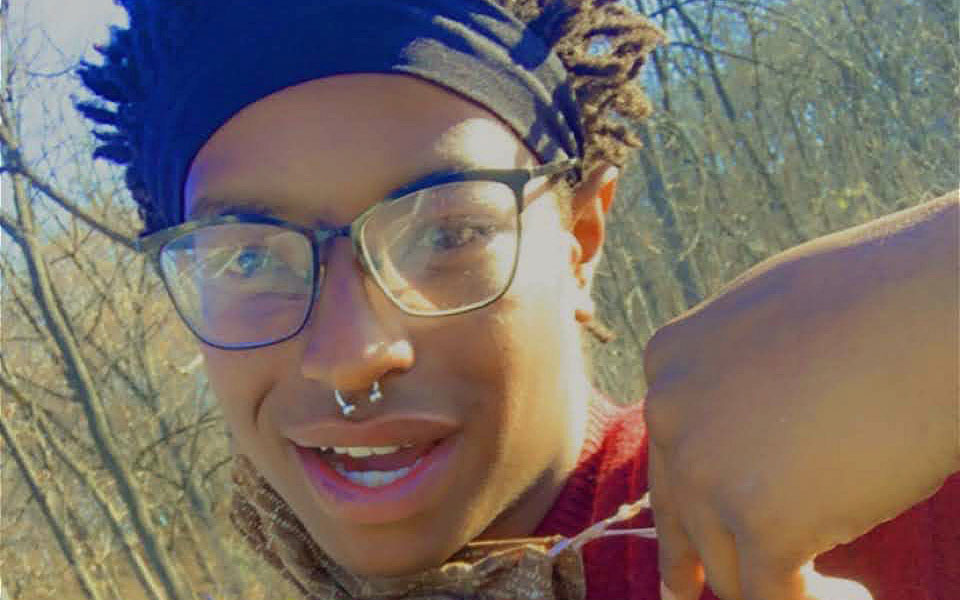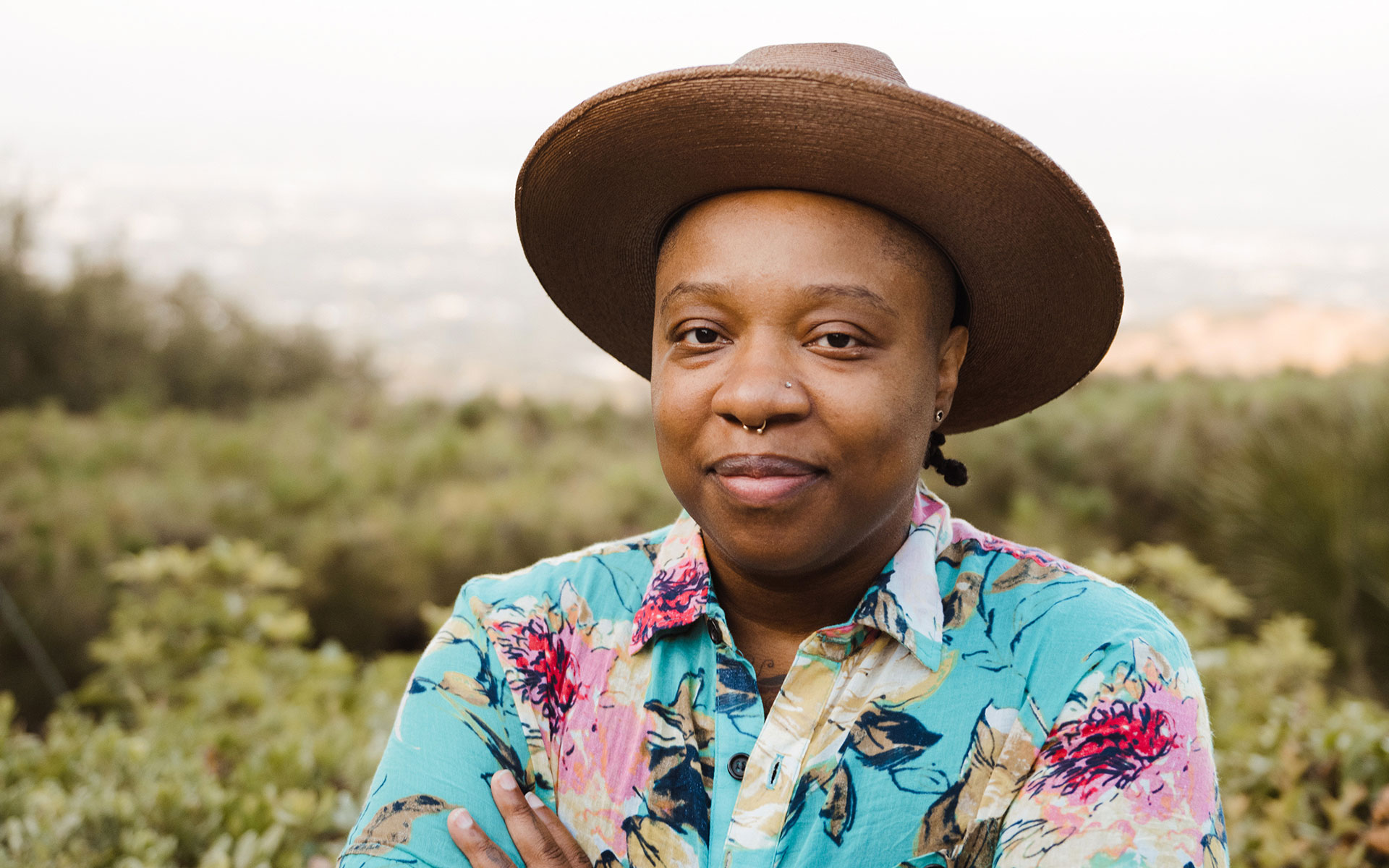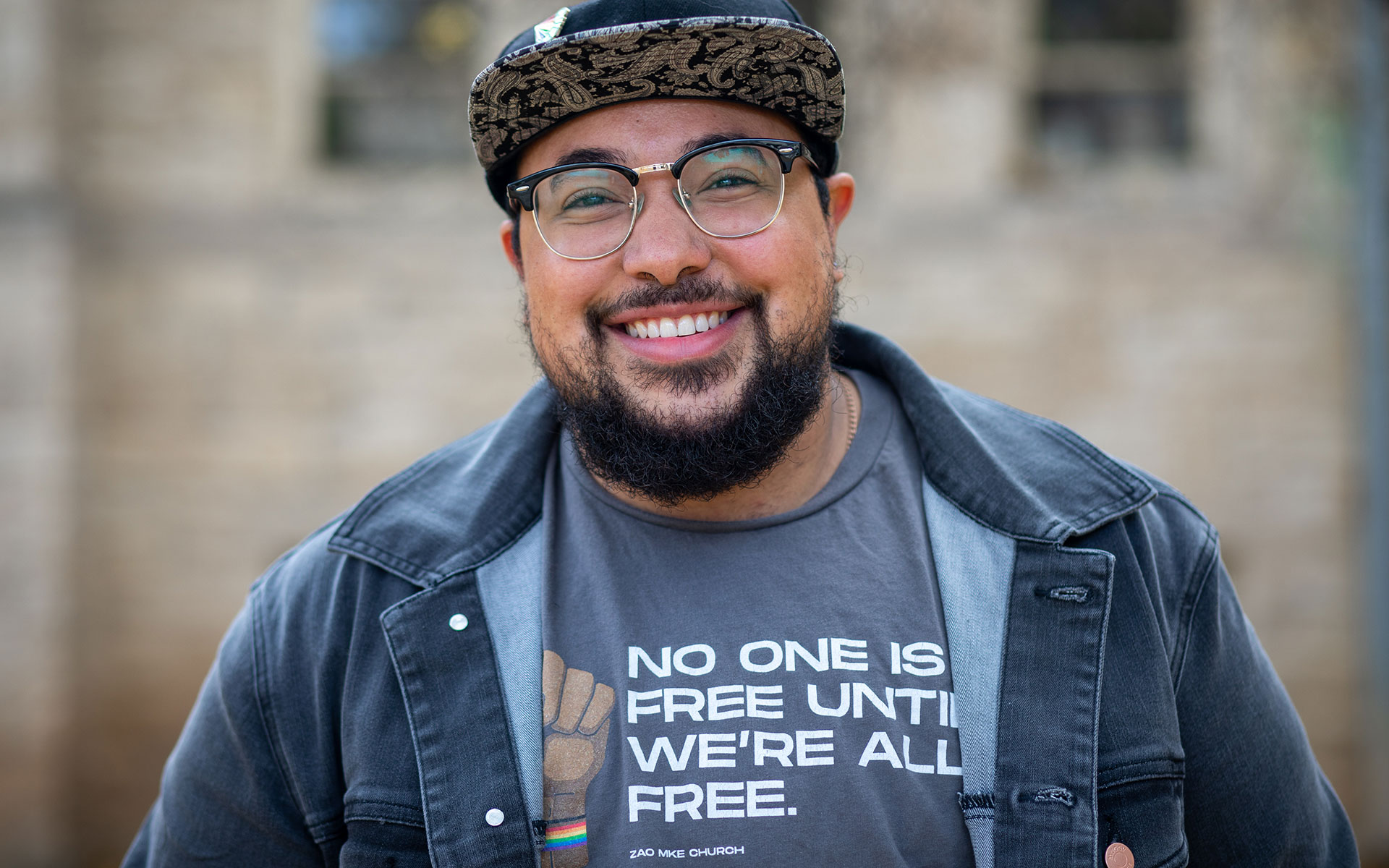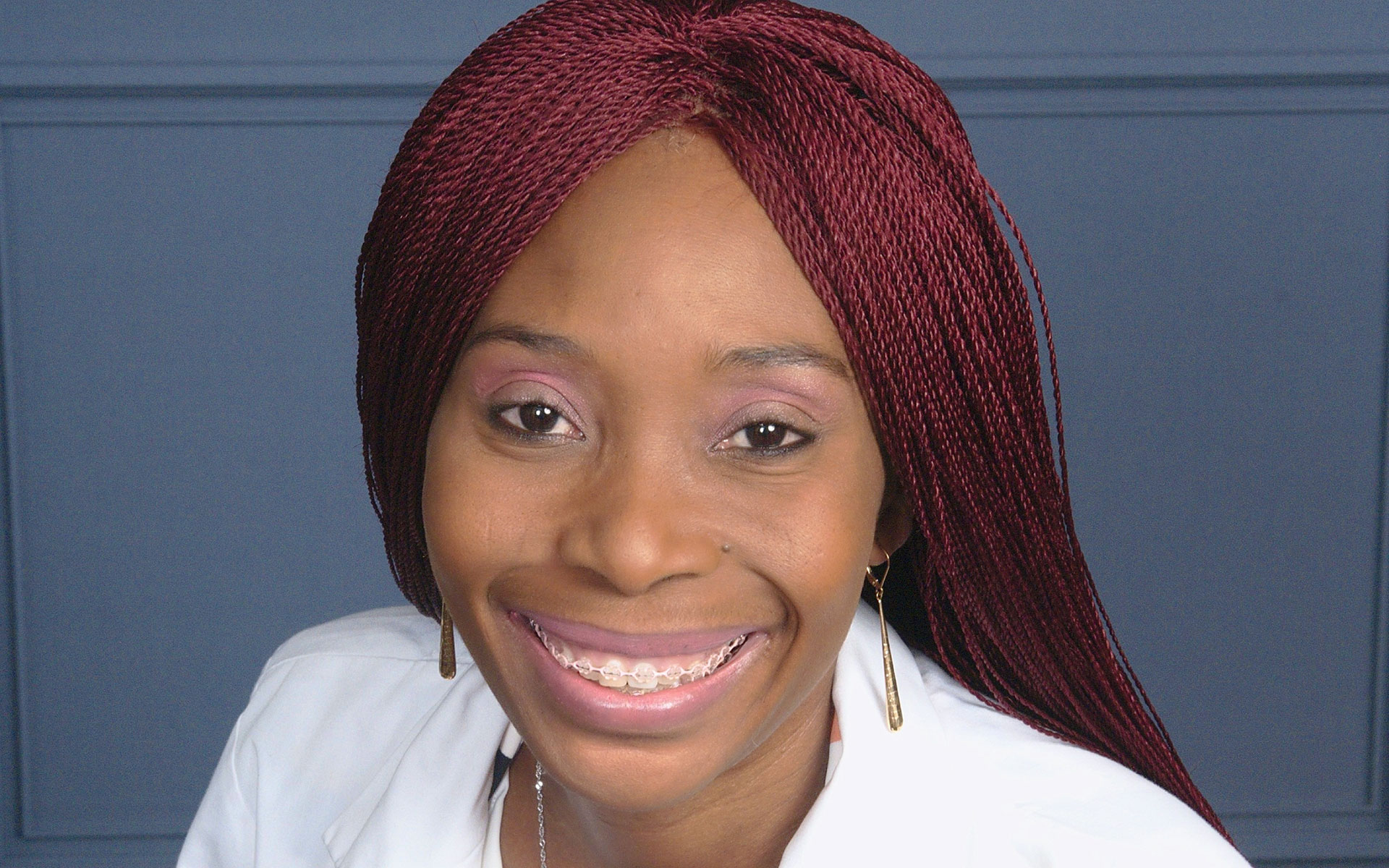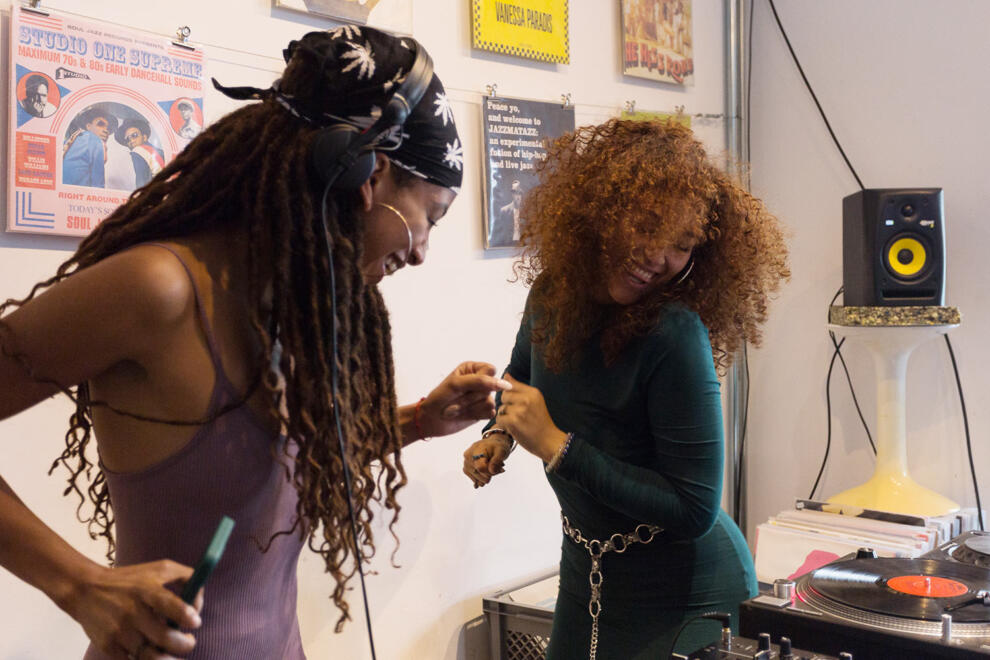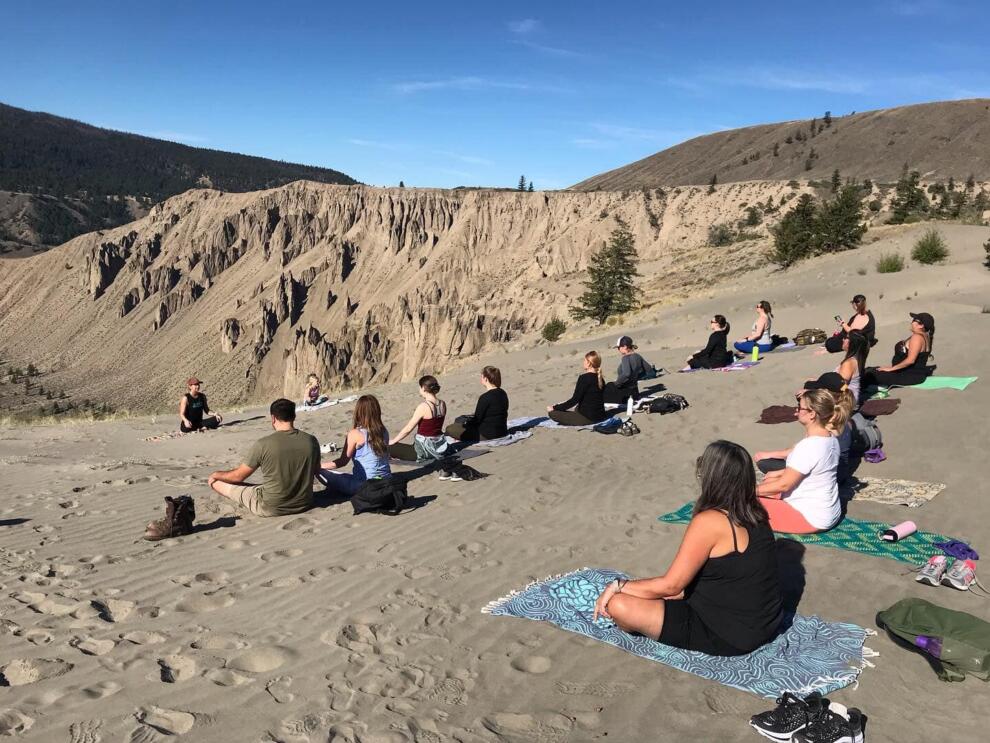Interview with Necole Hines

Necole Hines is a cannabis chef, educator, and founder of Faded Living, a cannabis education and events company dedicated to normalizing adult cannabis use through food, conversation, and events.
How did you get into the cannabis business?
About six years ago, I had a car accident and chose to use cannabis for pain management. As I began to approach my cannabis use with a therapeutic lens, I quickly learned that it can be used in so many ways. From smoking to vaping, using it as a topical, or eating it.
Around that time, I began to hear that cannabis legalization in Canada would happen soon, which sparked my interest. So, two years later, I chose to move from Calgary, Alta. to Vancouver, B.C. (known for its strong cannabis culture), to get into the cannabis space. I started working for a medicinal cannabis dispensary, then moved on to work for a large licensed producer for a few years, before quitting to start my company Faded Living.
I’m a former food entrepreneur turned cannabis chef dedicated to breaking the stigmas behind adult cannabis use by showing people how easy and safe cooking with cannabis can be. At Faded Living, I offer cannabis education, a weekly podcast, branded merchandise, and educational dining experiences called ‘faded feasts’.
What are some highlights you’ve experienced in the cannabis industry?
I have appeared as a panel speaker at several conferences, performed cooking demos at several events, appeared as a guest on many podcasts, and contributed to articles for the Toronto Caribbean Newspaper and Canadian Evergreen.
Faded Living won a $10,000 grant from the Blueprint: Backing BIPOC Businesses program. In November, I’ll be heading to the Black Canna Conference in New Orleans to speak on three different panels.
I sit on the Strategic Advisory Council for the Afro Cannada Budsistas, a peer support group for Black women who are cannabis consumers, and am a founding member of Louder Together Cannabis Advocacy Society, a not-for-profit dedicated to amplifying and supporting BIPoC voices in the cannabis space.
How can the cannabis industry promote and celebrate diversity?
Since Black and Brown people have been disenfranchised by the war on drugs we have experienced in Canada, I feel that a social equity program helping to support BIPoC entrepreneurs enter and thrive in this space should have been launched when cannabis became legal for adult use. A program like this could be a great way to celebrate diversity in the industry.
Many of the challenges I’ve faced in the industry are due to the stigma behind cannabis. For example, opening a bank account with any of our large banks is very difficult for cannabis entrepreneurs to do especially if their business falls outside of the cannabis retailer, microprocessor, or licensed producer categories. Other challenges that many cannabis educators, chefs, and consultants face include obtaining a payment processor, finding insurance, and maintaining a social media presence. Unfortunately, we can build a social media following of thousands of engaged people and wake up one day to having our social media account deleted. When this happens, some cannabis entrepreneurs have been able to have their accounts reactivated; however many have had to start over.
Three years later, there still isn’t a social equity program in place; however, I’m hopeful that one similar to those found in legal US states like California, Colorado, and Michigan can be adopted here soon.
— Find out more about Necole Hines | Instagram | Twitter | Facebook | Faded Living & Friends Podcast
